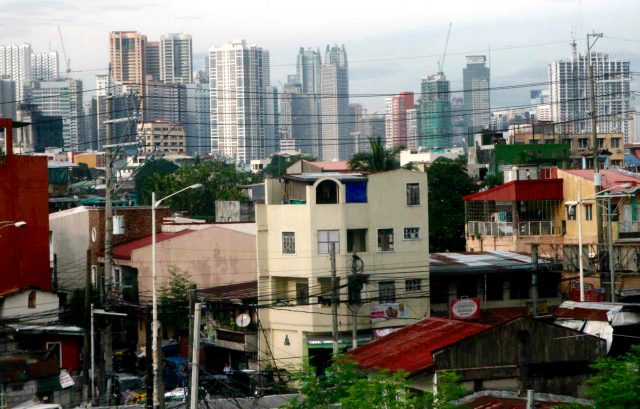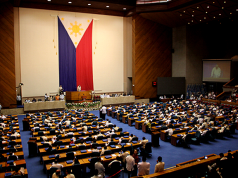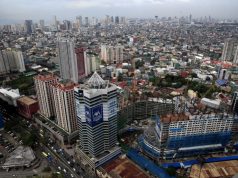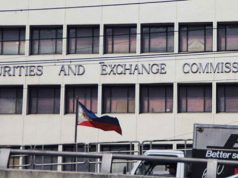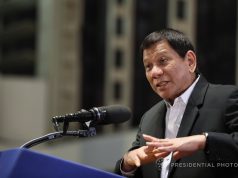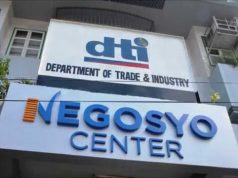MANILA – The Duterte administration has a vision to land the country on the top 20 of the global ease of doing business rankings in less than three years.
Here’s the problem: the Philippines is currently ranked 99.
And it’s been moving up only incrementally the last few years.
A key pain point is how difficult it is to apply for permits and regulations, especially for small businesses.
According to Trade and Industry Secretary Ramon Lopez who chairs the National Competitiveness Council, “other cities have equally done a lot of great improvement in cutting down and streamlining, and the next step to streamlining really is automating.” And it is really automating, he added, “that can really catapult and leapfrog us to where we want to be.”
The goal, therefore, according to the DTI’s National Competitiveness Council, is to cut red tape as much as possible, and take advantage of apps.
Guillermo Luz, co-chair of the council, thinks it’s time to “experiment and go outside the standard procurement methods,” and crowd-source apps and go to hackathons.
“Let’s get independent, talented tech entrepreneurs to build this for us, to build it for the government, to build it for people
and let’s just pay them on a subscription basis.”
A good example of a modern system can be found right in the business district.
Makati recently launched the Makatizen Card which unifies financial services for residents and city employees.
It was developed with Globe Telecom’s financial technology arm, Mynt.
Makati Mayor Abby Binay cites an example: As a Makati-zen cardholder, Miguel’s salary is disbursed through the card, which he can withdraw from any Landbank ATM free of charge. Through Mastercard he can also shop online.
DTI’s Lopez is confident the Philippines can make the leapfrog in 2-3 years. After all, the technology and expertise are readily available.
The NCC is working to automate not only national agencies, but also local government offices..
NCC co-chair Luz cited the example of Valenzuela City. “They’ve been automating for how many years, close to 10 years now. Over that time they have more than tripled the number of businesses. There were 5,000; today it is 16,000. They have grown their city revenues from P600 million; right now they’re doing P3.6 billion.”
In 2017, New Zealand topped the Ease of Doing Business list, out of 190 economies. That is why the government has brought it in as a consultant.
“There is an absolute opportunity now to make the leapfrog, to make the jump and go straight to the devices we all have in our hands,” said Dr. Stefan Korn of New Zealand G2G Know-how.
As a first step, New Zealand will be helping the Philippines develop a wikipedia of permitting processes per LGU – a one-stop shop of sorts – beginning August.
This 5-month project, by the way, was titled: “Ease of Doing Business in the Philippines: Imagining Possibilities.”

